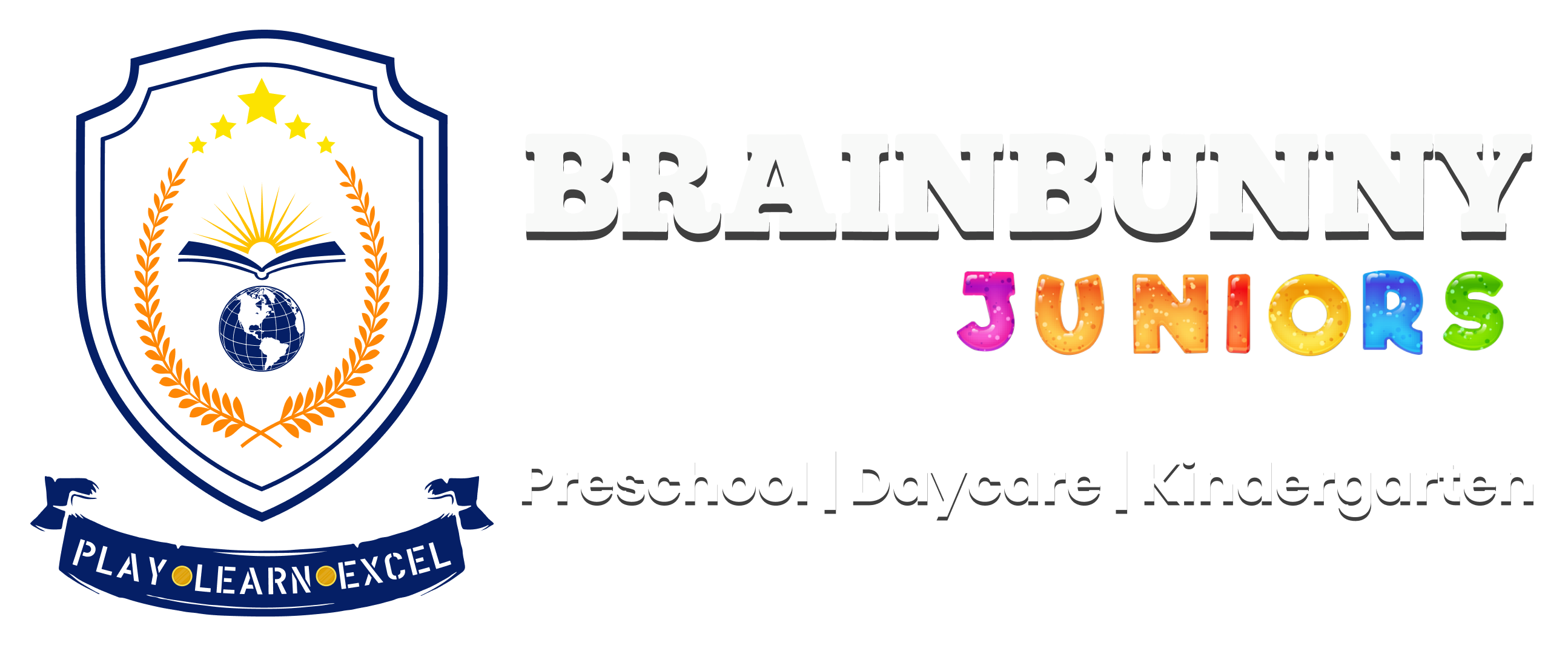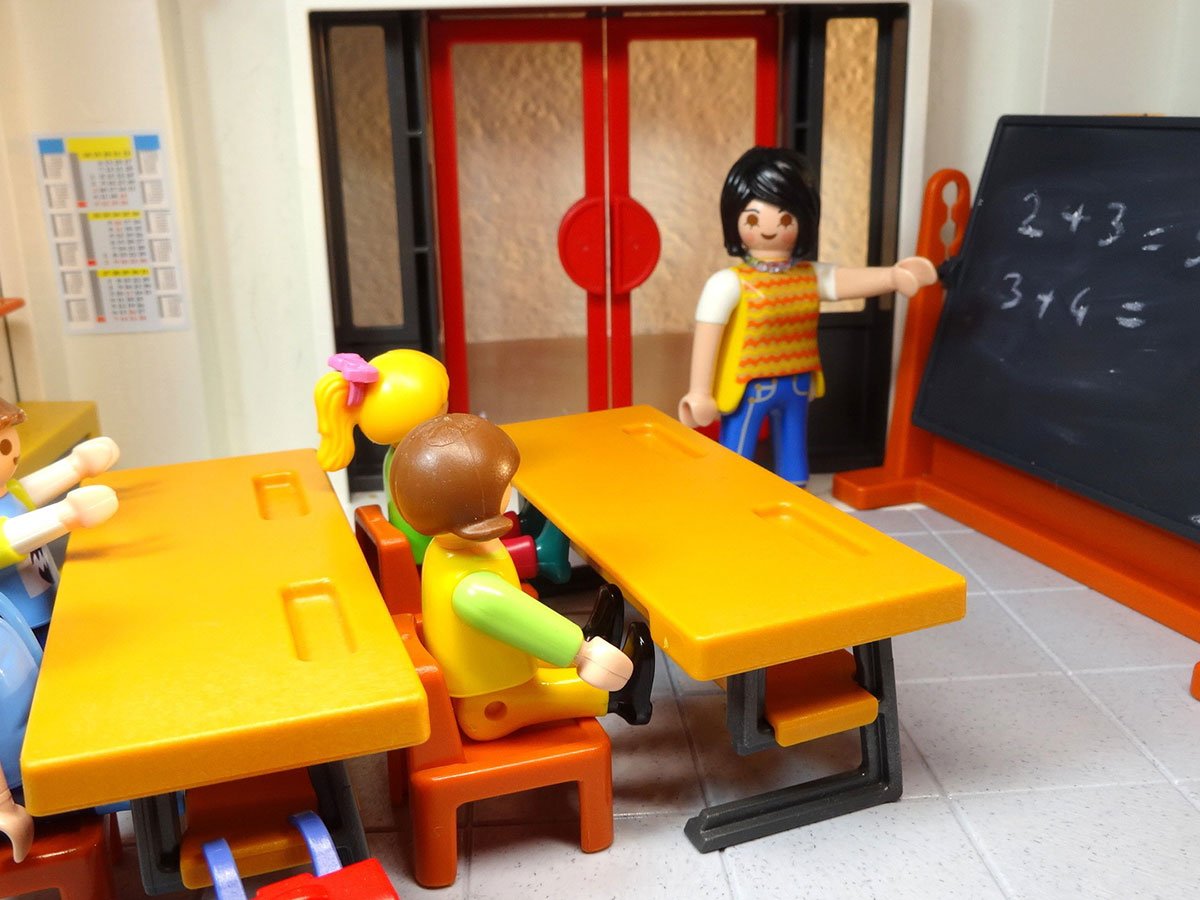Every child deserves a strong start in life, and one of the most powerful ways to achieve this is through quality preschool education. At BrainBunny Juniors International Preschool, we take pride in making a difference in the lives of children by nurturing their curiosity, building confidence, and creating a foundation for lifelong learning.
A child’s early years are the most critical for brain development. With the right guidance, environment, and activities, preschool becomes a life-changing experience. Let’s explore how preschools makes a difference in a child’s life and why it is one of the most important investments parents can make.
Importance of Early Childhood Education
The early years between ages 2–6 are called the “formative years.” Research shows that children develop 90% of their brain capacity during this time. A structured preschool environment ensures that children learn basic academic skills along with emotional, social, and physical development.
Benefits include:
- Stronger Cognitive Skills: Learning numbers, letters, colors, and shapes through play-based methods.
- Better Communication: Preschool builds vocabulary and speaking confidence.
- Social Development: Children learn teamwork, sharing, and empathy.
- School Readiness: Preschool prepares children for primary school routines.
How Preschool Makes a Difference in a Child’s Life
Academic Foundation
Preschools introduce children to structured learning. Activities like storytelling, phonics, counting games, and puzzles make learning fun while developing strong academic readiness.
Emotional Growth
Children learn to handle emotions, express themselves, and develop resilience. Teachers guide them with love and patience, creating a safe environment.
Social Skills
Preschools is often a child’s first experience outside home. Interacting with peers helps them learn respect, cooperation, and conflict resolution.
Confidence and Independence
Simple tasks like arranging toys, putting on shoes, or speaking in a group help children gain independence and self-confidence.
Activities That Shape a Child’s Future
At BrainBunny Juniors, we design activities that combine fun with learning:
- Art & Craft: Encourages creativity and imagination
- Music & Dance: Boosts self-expression and rhythm
- Storytelling & Reading: Develops language skills
- Outdoor Play: Improves physical health and teamwork
- Festival Celebrations: Teaches cultural awareness and values
Role of Teachers in Making a Difference
Teachers are not just instructors; they are mentors, caregivers, and role models. Their encouragement and support help children feel valued and motivated.
- Creating a safe and stimulating classroom environment
- Observing each child’s strengths and weaknesses
- Providing personalized attention
- Using play-based methods to make learning joyful
Parents as Partners in Child Development
Preschool success doubles when parents and teachers work together. At BrainBunny Juniors, we encourage parental involvement through:
- Parent-teacher meetings
- Home activity suggestions
- Workshops on child nutrition and development
- Regular communication via newsletters and WhatsApp groups
Long-Term Benefits of Preschool
The difference preschools makes continues throughout life:
- Better academic performance in higher classes
- Stronger emotional intelligence
- Improved social adaptability
- Higher self-esteem and problem-solving skills
FAQs
Q1. How does preschool make a difference in a child’s life?
Preschool builds academic readiness, social skills, confidence, and emotional resilience, preparing children for lifelong learning.
Q2. What are the benefits of preschool education in India?
Preschool helps children develop language, problem-solving skills, cultural awareness, and independence while preparing for formal schooling.
Q3. What role do teachers play in preschool education?
Teachers guide, support, and mentor children by creating engaging activities and providing a nurturing environment.
Conclusion
At BrainBunny Juniors International Preschool, we truly believe that preschool makes a lifelong difference in every child’s life. By offering a balance of academics, play, creativity, and emotional support, we prepare children to grow into confident, kind, and capable individuals.

